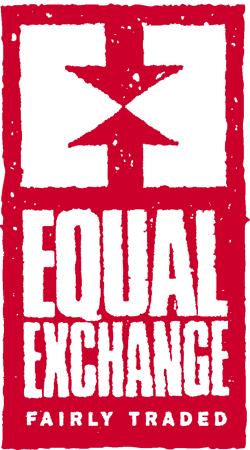Co-operatives: The Heart and Soul of the Fair Trade Movement
Co-operatives: The Heart and Soul of the Fair Trade Movement
by Phyllis Robinson
Fall 2012
The United Nations has declared 2012 the International Year of the Co-operative “highlighting the contribution of cooperatives to socio-economic development, particularly their impact on poverty reduction, employment generation and social integration.” (www.un.org ) At a time when national economies are failing, corporate influence is becoming more concentrated, and workers are losing economic and political power, what better moment to uphold the co-operative values of self-help, democracy, equality, equity and solidarity?
The contribution of co-operatives couldn’t be more evident – and their involvement more critical – than the role they’ve played in Fair Trade. Small farmer co-operatives in the Global South, and worker-owned and consumer co-operatives in the North, have been three invaluable links in a co-operative supply chain that has helped shape and build an empowering and activist model of trade that supports small farmers, democratic organizations, and engaged consumers.
The earliest roots of Fair Trade began after World War II to provide markets for handicrafts produced by Eastern European refugees, as a poverty alleviation project. During the mid-70s, however, a new wave of businesses in Europe, called Alternative Trade Organizations (ATOs), sprang up with a markedly distinct philosophy. The ATOs believed that market access for small-scale producers was not something to be provided out of charity, but as a right. The philosophy, “Trade not Aid” was coined, along with the principles establishing long term, direct, and equitable trading partnerships.
The ATOs realized that the partnerships they were looking for could be found in the fledgling small farmer co-operative movement. Small-scale farmers, historically marginalized and without access to social services, infrastructure, credit, markets, or technical assistance, were organizing themselves as a means of survival, particularly in Central and South America. The co-ops were often members of larger social movements that were taking hold throughout the Global South as farmers, workers, students, women, indigenous and others struggled for economic and social rights. These basic rights, along with widespread need for agrarian reform, and environmental stewardship, were all important pieces woven into this new blend of Fair Trade activism.
Click here to continue reading and comment on Fair World Project




